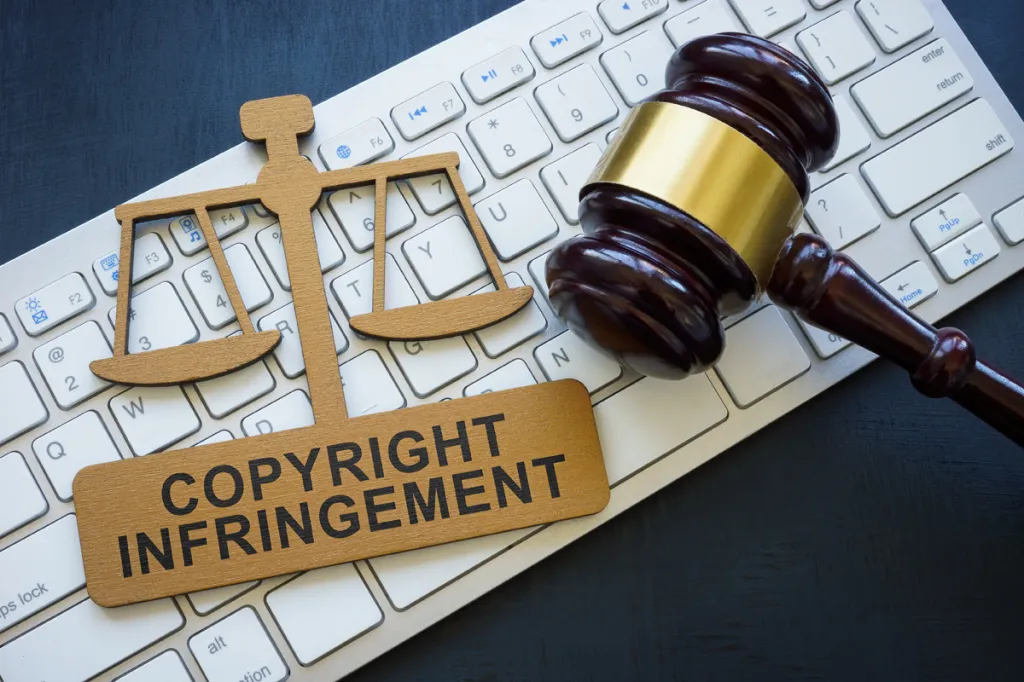By: Ruyi Lin
On Monday, major record companies including Sony, Universal, and Warner filed lawsuits against two A.I. digital music generation companies, Udio and Suno, accusing them of using copyrighted songs to train their artificial intelligence systems. The A.I. platforms allow users to create music instantly via text commands, similar to how A.I. language models like Chat GPT generate text, except they generate music.
Filed in federal court, the lawsuits argue that the songs produced by Udio and Suno are possible only because the systems were trained on copyrighted material owned by the plaintiffs. The record companies seek to have the court declare these actions as copyright infringement and to award damages. Similarly, The New York Times sued Microsoft and OpenAI (creator of ChatGPT), arguing that the companies trained its systems with millions of their newspaper articles.
“These are straightforward cases of copyright infringement involving unlicensed copying of sound recordings on a massive scale,” said Ken Doroshow, chief legal officer of the Recording Industry Association of America. He emphasized the need for these lawsuits to uphold ethical and lawful development of A.I. systems.
In response, Udio and Suno defended their practices, stating that their model “listened” to and learned from a large collection of recorded music to comprehend music ideas. Suno’s CEO, Mikey Shulman, claimed their technology generates new outputs and does not replicate existing content.
Putting an emphasis on earlier lawsuits from Getty Images and various authors against other A.I. firms, these lawsuits are part of a broader tendency for creative industries challenging A.I. companies over the use of copyrighted material for training purposes.











